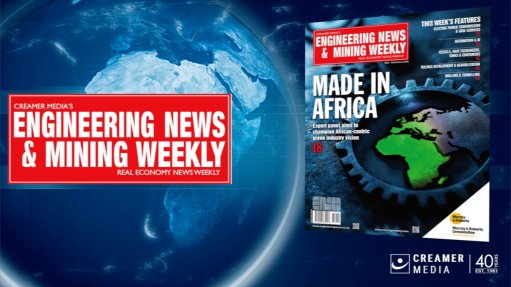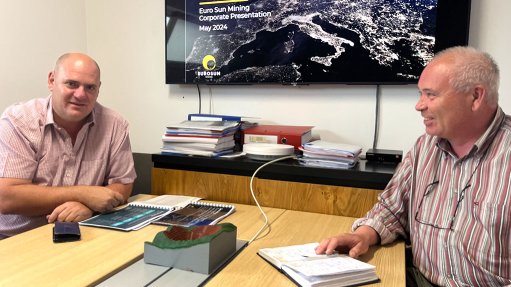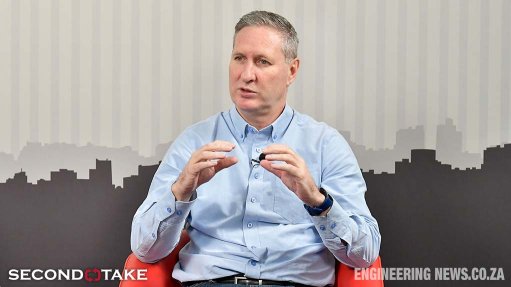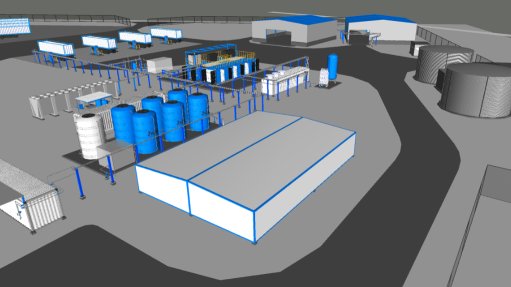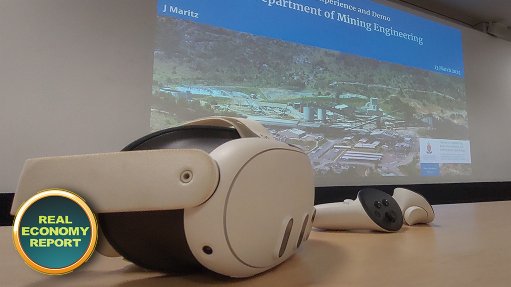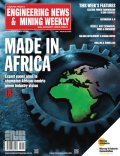Report finds majority of extractive commodity traders lack ESG disclosure
Swiss research organisation RMF finds in a new report that companies involved in oil, gas, metals or minerals trading score on average only 23% on environmental, social and governance (ESG) due diligence.
The report, titled 'ESG Due Diligence and Transparency Report on Extractive Commodity Trading', assessed 25 companies in the relevant sectors, finding that they score an average of 28% on the disclosure of public-interest information.
The RMF says that, while most companies have made some level of commitment on issues such as human rights, antibribery and corruption, and environmental protection, there is much less evidence of systematic implementation of these commitments.
In a sector prone to controversies, the report reveals that ESG risk management measures often fall short of the goals that companies have set themselves.
The assessment, based on publicly-available data sourced from the public domain or submitted by companies, covers ESG measures relating to four categories of issues in the companies’ supply chains: human rights, corporate governance, financial flows and the environment.
The RMF has developed a simple evidence-based measurement tool that builds on existing commodity trading- relevant guidance developed by the Organisation for Economic Cooperation and Development, the Extractive Industries Transparency Initiative (EITI), the Swiss government and the London Bullion Market Association.
“The range of results seen in this study indicates that, while many commodity trading companies seem hesitant or reluctant to move beyond established practice, some companies are rapidly moving towards a more public response to issues of public interest and ESG risk management.
“The trading of extractive commodities is important in maintaining efficient flows of these critical resources along global supply chains. It can provide many resource-rich countries with revenues significant to their economic development,” the RMF explains.
Therefore, the payments made by companies for the purchase of commodities from governments or State-owned enterprises, relating to the State’s share of production is of key public interest.
However, with very few exceptions, companies do not disclose any data on these ‘first trades’ or the scope of countries that their activities traverse.
RMF CEO Hélène Piaget hopes the recent reporting guidelines published by the EITI will gain normative traction and lead to robust disclosure of payments and other governance criteria across the sector.
As governments, financiers, downstream customers and consumers are showing increased awareness of the need for responsible commodity supply chains, it is in the interest of trading companies to move beyond the comfort zone of established practice to demonstrate more systematic action and transparency on ESG issues, acting to limit risk and build trust among all stakeholders.
Commenting on the report, Joseph Williams, advocacy manager at the Natural Resource Governance Institute states that the report clearly shows that most companies are not disclosing the payments they are making to governments or revealing details of the underlying deals, some of which can significantly add to the debt burden many resource-rich countries face owing to Covid-19.
He adds the report should be a wake-up call to commodity trading hubs that it is time to require disclosure by companies of these large, high-risk transactions through regulation.
Several companies used the study as an opportunity to rethink internal ESG processes and put previously unpublished documents and data in the public domain on issues such as beneficial ownership, tax strategy and human rights due diligence.
“It is hoped that the publication of the report and the emerging examples of better practice will encourage more commodity trading companies to act on their commitments and expand public disclosure on ESG issues,” the RMF says.
Comments
Press Office
Announcements
What's On
Subscribe to improve your user experience...
Option 1 (equivalent of R125 a month):
Receive a weekly copy of Creamer Media's Engineering News & Mining Weekly magazine
(print copy for those in South Africa and e-magazine for those outside of South Africa)
Receive daily email newsletters
Access to full search results
Access archive of magazine back copies
Access to Projects in Progress
Access to ONE Research Report of your choice in PDF format
Option 2 (equivalent of R375 a month):
All benefits from Option 1
PLUS
Access to Creamer Media's Research Channel Africa for ALL Research Reports, in PDF format, on various industrial and mining sectors
including Electricity; Water; Energy Transition; Hydrogen; Roads, Rail and Ports; Coal; Gold; Platinum; Battery Metals; etc.
Already a subscriber?
Forgotten your password?
Receive weekly copy of Creamer Media's Engineering News & Mining Weekly magazine (print copy for those in South Africa and e-magazine for those outside of South Africa)
➕
Recieve daily email newsletters
➕
Access to full search results
➕
Access archive of magazine back copies
➕
Access to Projects in Progress
➕
Access to ONE Research Report of your choice in PDF format
RESEARCH CHANNEL AFRICA
R4500 (equivalent of R375 a month)
SUBSCRIBEAll benefits from Option 1
➕
Access to Creamer Media's Research Channel Africa for ALL Research Reports on various industrial and mining sectors, in PDF format, including on:
Electricity
➕
Water
➕
Energy Transition
➕
Hydrogen
➕
Roads, Rail and Ports
➕
Coal
➕
Gold
➕
Platinum
➕
Battery Metals
➕
etc.
Receive all benefits from Option 1 or Option 2 delivered to numerous people at your company
➕
Multiple User names and Passwords for simultaneous log-ins
➕
Intranet integration access to all in your organisation








